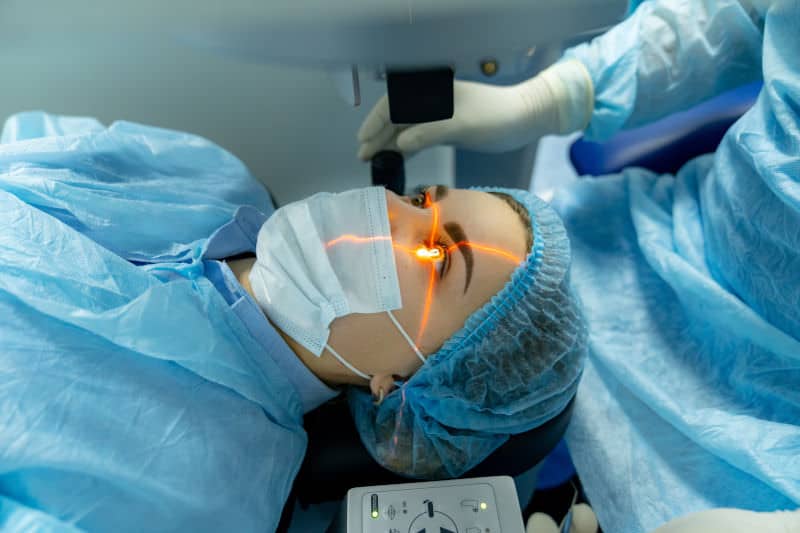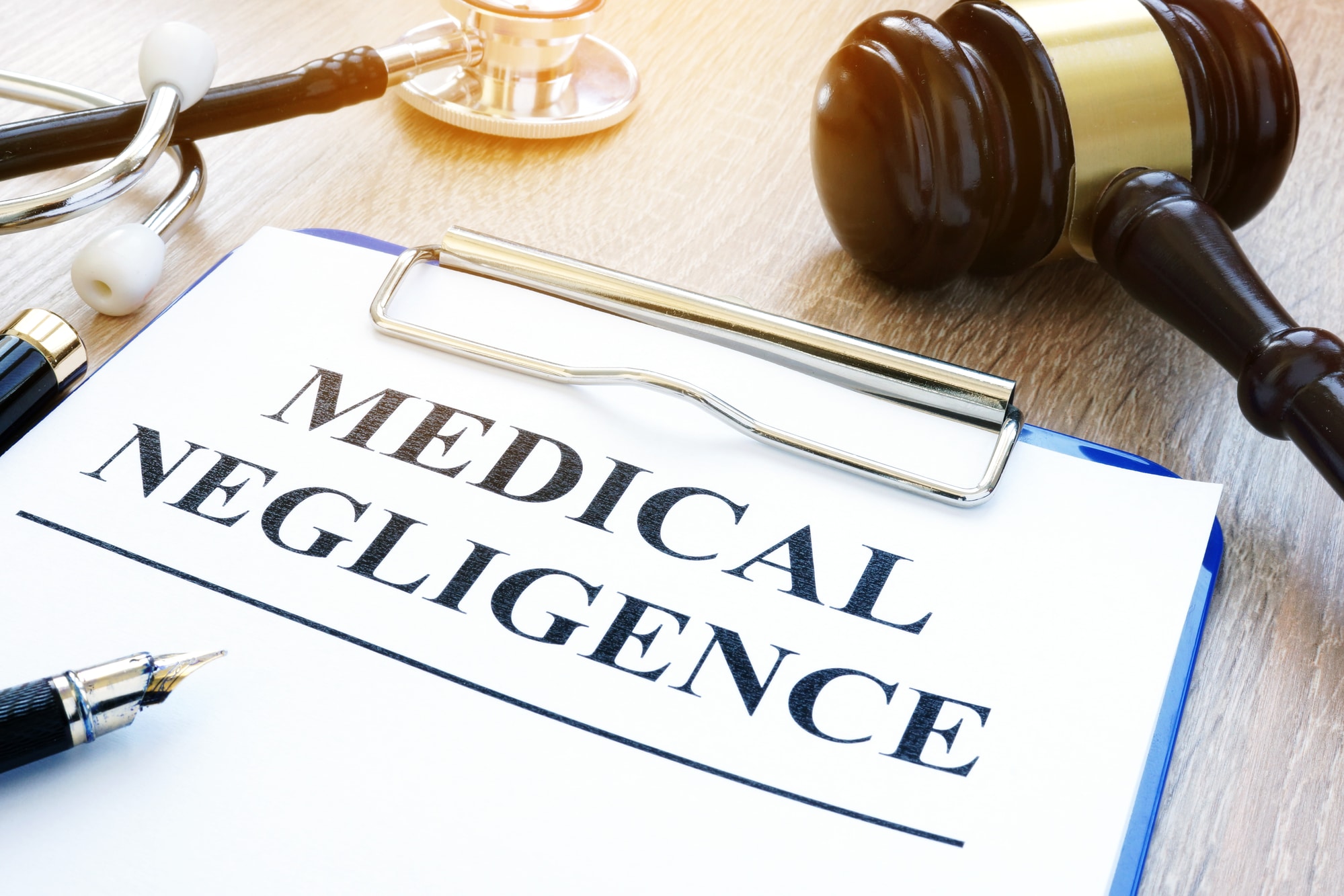Cancer screening and treatment is rightly seen as one of the most important branches of healthcare services. Cancer occupies a place in the public consciousness unlike any other disease or condition, with numerous high-profile campaigns aimed at fighting it in its many forms.
But just last month, in January 2024, a BMJ commission of experts, writing on the future of the NHS, recommended that the next government should declare the NHS to be in a state of emergency. And one of the key metrics informing their conclusion was the dire situation facing NHS cancer services.
There is no doubt that the NHS has been under ever-mounting pressure in recent times – the cataclysmic upheaval of the pandemic, chronic underfunding, as well as staffing and management issues have all combined to threaten the organisation’s very existence.
Even before the pandemic, in 2019, Cancer Research estimated that 1 in 4 cancer patients experienced a delay in diagnosis which could have been avoided.
Now, with the additional pressures piling up, one expert, quoted in the Guardian, said that the NHS was facing its “deepest cancer crisis” that she’d seen in her 30-year career. The same article highlighted the rising proportion of cancer patients who receive treatment later than the key 62-day window which the NHS targets.
All of this would suggest that delays to cancer diagnosis, or delays to getting crucial, life-saving treatment, seem to be more likely than ever.
Why cancer diagnosis delays matter
Diagnosis is the crucial first step to treating cancer. It is widely known that catching cancer early can improve the chances of successful treatment. That’s why cancer screening is such an important part of healthcare initiatives, and why public health campaigns on cancer urge people to consult their GP as soon as possible if they have concerns.
Some studies suggest that even a 4-week delay to cancer surgery, across a range of different types of cancer, could cause a 6-8% increase in the risks of death. Longer delays can increase these chances even further.
Since October 2021, the NHS’s target has been to ensure that at least 75% of patients have a diagnosis, or have cancer ruled out, within 28 days of an urgent referral. According to Cancer Research, however, the percentage achieved was 71.9% of patients in November 2023 – and the 75% target had never been met since its introduction.
With delays to cancer diagnosis so common, and the possibility of such severe consequences as a result, it is important to know what rights you have if you have been harmed by a delayed diagnosis.
What action can you take?
Living with cancer can be overwhelming, and if you have encountered delays in your diagnosis and treatment, it can make matters even more distressing.
If you or a loved one has been affected by a delayed cancer diagnosis or a misdiagnosis you can take action. Whether the diagnosis was carried out privately, or through the NHS, if avoidable delays have caused you harm, you may be entitled to claim compensation as this can be grounds for a clinical negligence claim.
All healthcare providers have a duty of care towards their patients, and this duty must be carried out with the required standard of skill and consideration. Failing to pick up on warning signs, which a reasonably skilled GP would have done, or neglecting to carry out a potentially critical referral for further cancer investigations or screening, can be clear examples of failures in a healthcare provider’s duty of care.
Making a claim can seem like a lot to take on, in addition to everything you’re going through. But it is not right for any patient to suffer additional harm through negligent healthcare – especially when going through such a vulnerable time and relying upon medical professionals for support.
By bringing a claim, you send a clear message that the way you have been treated is unacceptable and should be made right.
If you’re worried about whether it’s right to make a claim against the NHS – which is perfectly understandable – we’ve written an article on the subject which might be helpful to you.
Getting in touch
If you would like to speak to one of our specialist clinical negligence solicitors about a delayed cancer diagnosis, please get in contact with us. Or you can book a free 45 minute consultation through our website, with no pressure on you to proceed any further.
Further Reading
From one of the UK’s most read legal blogs.









